CogSci 2025 SPEAKERS
Keynote Speakers
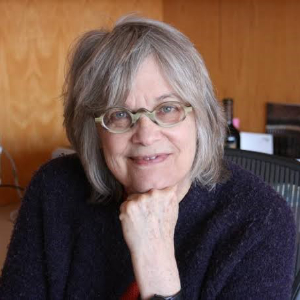
Harvard University
Susan Carey
Thursday, July 31 | 9:00 AM-10:00 AM
Salon 7
The Future of Foundational Ideas of Cognitive Science
Carey investigates the origins of human conceptual representation and has conducted work on core systems of knowledge, word learning, the construction of intuitive theories, and case studies of conceptual change including number, causal reasoning, and the language of thought. Among her most important contributions is the argument that human knowledge emanates from rich innate structures that are enriched through processes of conceptual change.
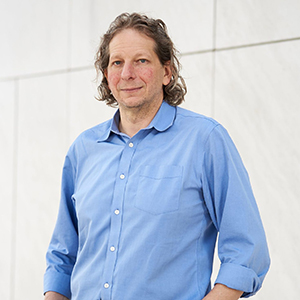
MIT
Josh Tenenbaum
Friday, August 1 | 2:45 PM-3:45 PM
Salon 7
The Role of AI in Theories of the Future
Tenenbaum’s work investigates the computational structure of human cognition, and includes studies of concept learning, similarity judgment, causal inference, and the formation of perceptual representations.
A key focus is the nature and origin of common-sense theories, and how humans construct concepts, theories and skills from minimal examples.
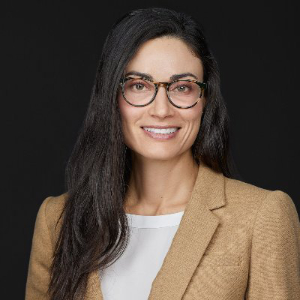
UC Irvine
Lauren Ross
Saturday, August 2 | 9:00 AM-10:00 AM
Salon 7
New Theoretical Horizons in Cognitive Science
Ross specializes in the philosophy of science, focusing on explanation and causation within biology, neuroscience, and medicine. Her research includes projects that explore the nature of scientific explanation, the variety of causal structures and types of explanation used in these fields, and the underlying rationale for specific forms of causal reasoning. By investigating how scientists explain phenomena and infer causal relationships, her work addresses the conceptual foundations of empirical research in the life sciences and medicine.
Invited Symposia
The Future of Foundational Ideas of Cognitive Science
Thursday, July 31
Speakers:
- Eric Margolis
- Jose Luis Bermudez
- William Bechtel & Adele Abrahamsen
Cognitive Science was born from a revolution that centered the mind as the object of study, resulting in new fields that study the nature of mental representations, consciousness, the origins of knowledge, and how the brain carries out mental computations. Which of the foundational ideas and debates that emerged from the Cognitive Revolution remain important to current discourse in our field?
The Role of AI in Theories of the Future
Friday, August 1
Speakers:
- Peter Dayan
- Yejin Choi
- William Cunningham
The rapid emergence of AIs and their success in modeling diverse aspects of human language and cognition raise important questions about the future of theory building in our field. Do the engineering successes of AI suggest a new theoretical path forward for Cognitive Science? What role should foundational ideas in Cognitive Science play in theory making as we look to the future?
New Theoretical Horizons in Cognitive Science
Saturday, August 2
Speakers:
- Jake Quilty-Dunn
- Natlia Vélez
- Ellie Pavlick
What is the future of theory in the Cognitive Sciences? In this transitional moment in Cognitive Science, what questions are most central to understanding human cognition? Which of the foundational theoretical constructs of our field deserve to be preserved in the coming years? What changes are required? What paths are most likely to lead to innovation and discovery?
Gleitman Prize Keynote
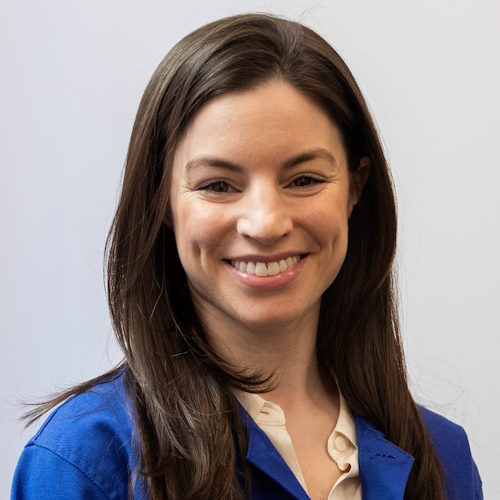
New York University
Moira R. Dillon
Dr. Dillon is an Assistant Professor of Psychology at New York University. She received her Ph.D. in Psychology at Harvard University in 2017, following a B.A. in Cognitive Science at Yale University. Dr. Dillon’s research focuses on human understanding of the abstract concepts of Euclidean geometry, especially whether these concepts form a single unitary system, a ‘language of thought’ of geometry. To address this question, she has examined how aspects of geometry develop from infancy to adulthood, and how geometric principles manifest themselves within different representational domains and task requirements (e.g., object representation, navigation and scene perception, map reading, word learning). Her findings have challenged the ‘language of thought’ thesis for geometry by showing that infants are sensitive to only some foundational properties of Euclidean geometry (e.g. length relations for 2D planar figures) but not others (e.g. angular relations); and by arguing that what might appear to be a unified geometric system in adults is actually the product of two independent systems (i.e. navigation vs. object recognition) which appear early in development but are combined over development, possibly through the use of language, a uniquely human capacity. The early presence of the two systems results in quite different sensitivities to geometric properties depending on the cognitive domains in which they are applied. Dr. Dillon’s work also probes the effects that this separation of geometric domains has on word learning, showing that generalizations of the meaning of a new word will vary depending on the domain that it engages, and on children’s representations of layouts in drawings, which show strong tendencies to focus on objects rather than scenes.
Gleitman Talk
Thursday, July 31 | 10:30 AM – 12:00 PM | Salon 7
In honor of Moira Dillon, this year’s Gleitman Award recipient, research related to her work will be presented in this special session.
Rumelhart Prize Presentation & Lecture
Thursday, July 31 | 4:00 PM – 5:15 PM | Salon 7
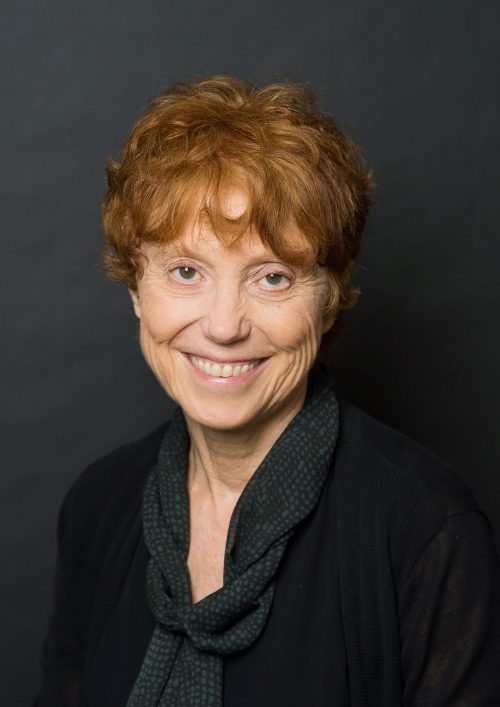
Nora Newcombe
Temple University
2025 Rumelhart Prize Recipient
Nora S. Newcombe (Ph.D., Harvard), is Laura H. Carnell Professor of Psychology and Neuroscience at Temple University. Her research in cognition and cognitive development centers on spatial cognition and episodic memory, along with translational work on STEM education. She is a member of the National Academy of Sciences, the American Academy of Arts and Sciences and the Society of Experimental Psychologists. Past honors include the Distinguished Scientific Contributions Award from SRCD, the William James Fellow Award from APS, the Howard Crosby Warren Medal from SEP, and the Award for Distinguished Service to Psychological Science from APA.
Three Questions for Cognitive Science
Researchers in cognitive development and cognitive science have engaged in long-standing debates concerning nativist versus empiricist perspectives on the origins of knowledge, the existence and nature of representations, and the importance of embodiment. Recognizing the enormous scope of these questions, I will concentrate on three illustrations: the geometric module debate, the cognitive map debate, and the development of mental rotation. In doing so, I will highlight the importance of charting individual variation as well as modal development, using an evolutionary perspective and cross-species data, and taking an emergentist experience-expectant and experience-dependent approach to development and to adult cognition.
Rumelhart Symposium
Friday, August 1 | 9:00 AM – 10:30 AM | Salon 7
In honor of Nora Newcombe, this year’s Rumelhart Award recipient, research related to her work will be presented in this special symposium.
Symposium Chair
Nora Newcombe, Temple University
Presenters:
- Vlad Ayzenberg, Temple University
- Andrea Frick, Zurich University of Applied Sciences
- Chi Thao Ngo, Max Planck Institute for Human Development
- Ilyse Resnick, University of Canberra
Elman Prize SYMPOSIUM
Friday, August 1 | 1:00 PM – 2:30 PM | Salon 7
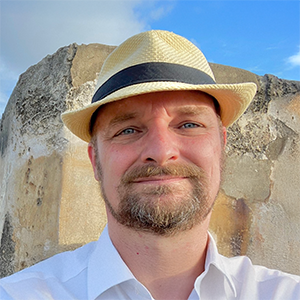
University of Madison-Wisconsin
Timothy T. Rogers
Tim Rogers received his B.A. in Psychology and English at the University of Waterloo (Canada), Ph.D. in Psychology at the Carnegie Mellon University (US), and was a postdoctoral fellow at the MRC Cognition and Brain Science Unit at the University of Cambridge (UK). Tim began as an Assistant Professor in the Department of Psychology at the University of Wisconsin-Madison (US) in 2004. He currently is a Professor of Psychology, and a Faculty Fellow at the Wisconsin Institute for Discovery, University of Wisconsin-Madison.
Context, control, and representation in semantic cognition
In honor of Tim Rogers, this year’s Jeffrey L. Elman Prize recipient, research related to his work will be presented in this special symposium.
Symposium Chair
Tim Rogers, University of Wisconsin-Madison
Moderator
Chris Cox, Louisiana State University
Presenters:
- Tyler Giallanza, Princeton University & Jon Cohen, Princeton University
- Rebecca Jackson, University of Manchester & Matt Lambon Ralph, University of Cambridge
- Saskia Frisby, University of Cambridge & Chris Cox, Louisiana State University
![]()
The Cognitive Science Society is pleased to announce the establishment of the CogSci Grove which aims to mobilise cognitive scientists to offset carbon emissions associated with their professional activities.